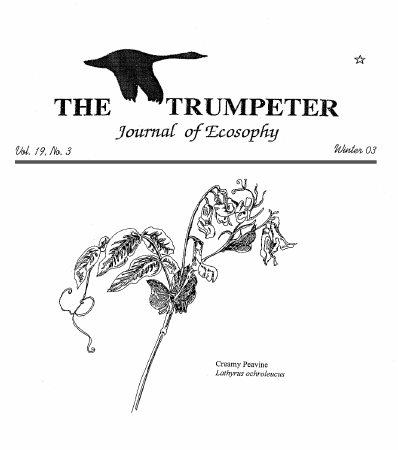Abstract
Space, as a concept of human design, has been given little consideration in the discourses on nature. In this article, I argue that the conceptual erasure of space should be addressed in conjunction with the study of nature’s marginalization. I argue that the root cause of the erasure of space and nature is commonly derived from the flaws of western metaphysical construction and, therefore, we are better served by attending to both together rather than in isolation. Using a dialogic model of communicative action, the ecocentred scholar can develop means for addressing the spatial designs that influence and reinforce human misconceptions about the world. The dialogic model, by encouraging openness, compassion, affirmation, and continuity, can be used as a common language for ecocentric philosophers and critics of space and design. In this way, the ecological discourses can bring their influence within the spheres of spatial design and, it is hoped, encourage new ways of considering the human self and its relation to the spatial world.
